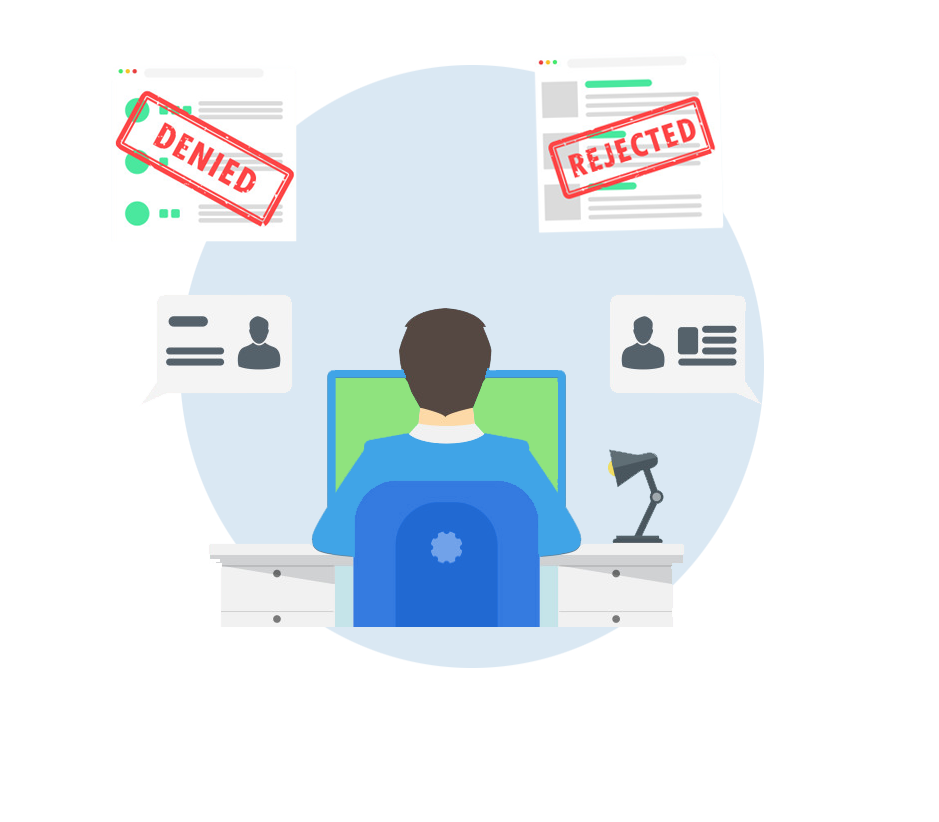DRAFTING OF THE PAPER
We are here to help you avoid facing the last situation when you submit your article or academic paper for publishing in a reputed journal. Our services do not leave a chance for your valued work to reach the rejection stage. However, here are a few tips to avoid rejection of your precious work at an initial step. Our tips to avoid rejection not only stress upon the need to follow every submission criterion, but also upon focus on improving your content to a level where your paper can meet international publishing standards.





